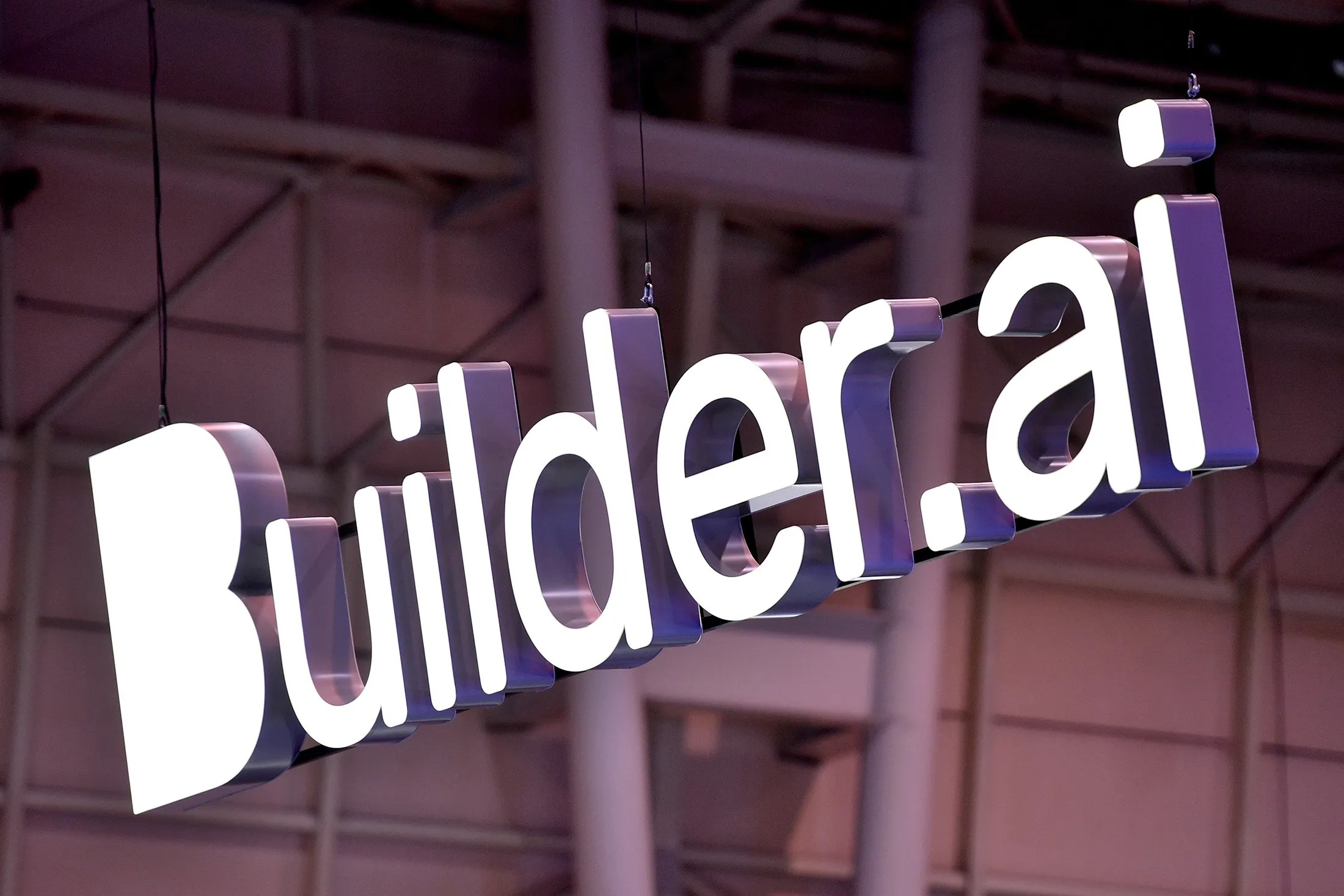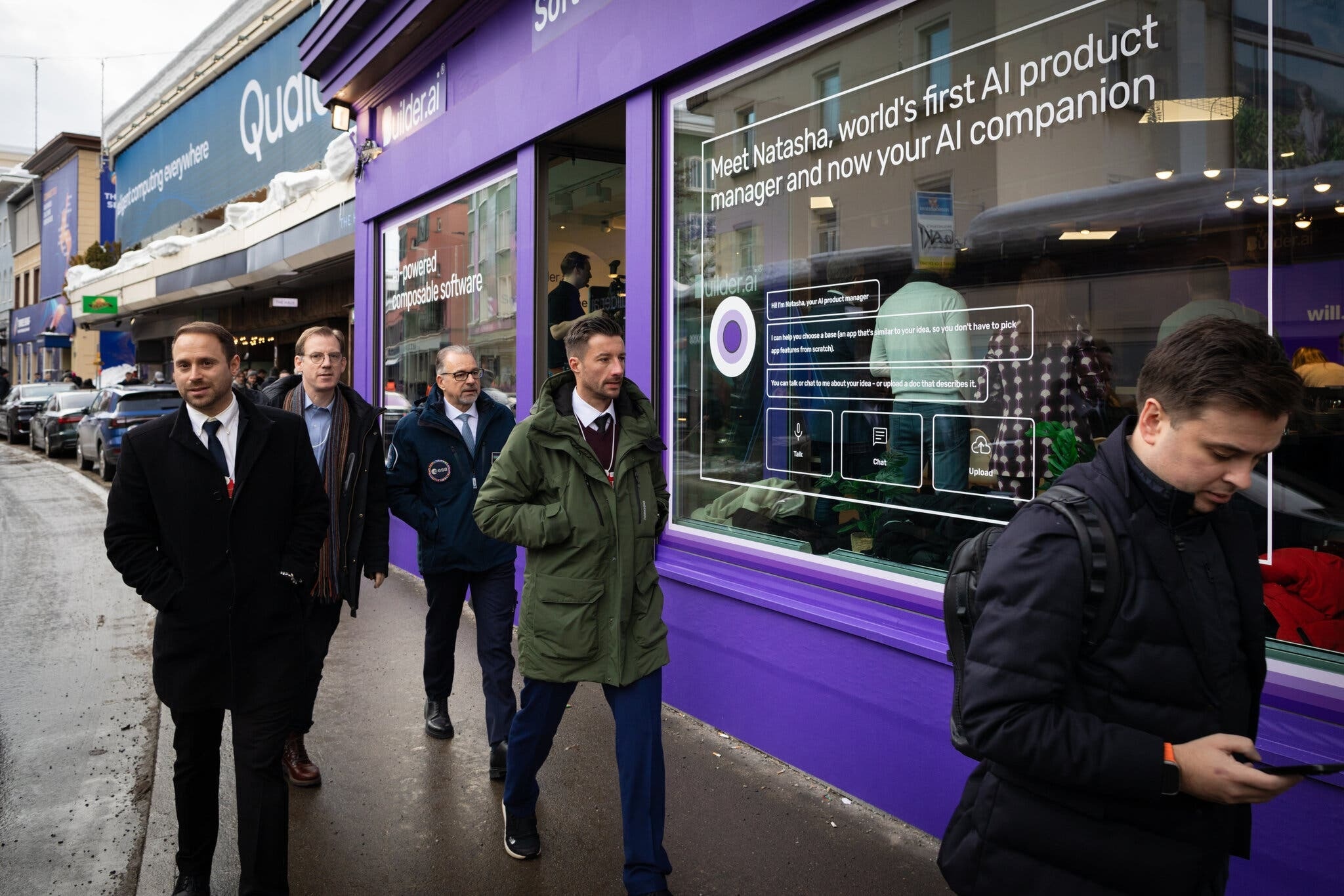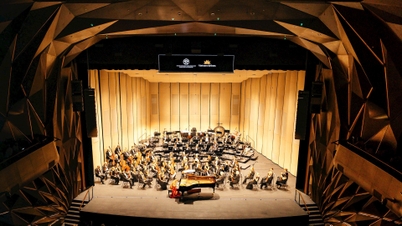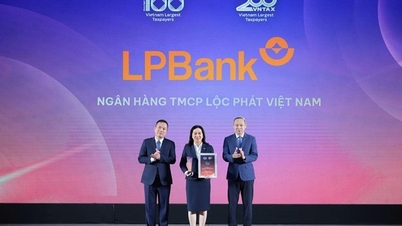
Builder.ai was once a sensational startup in the AI field. The company has media-savvy leaders, reputable investors, partnerships with Microsoft, and was even ranked third in the AI innovation group by Fast Company , just behind OpenAI and DeepMind.
Things got worse late last year. Builder.ai’s board discovered that the company had been overstating its sales figures, leading to the CEO’s resignation. Builder.ai went from a $1.5 billion tech unicorn to bankruptcy in just a few months.
“Builder.ai is a cautionary tale for investors, employees, and leaders. Be careful what you promote, it will come back to bite you,” said Manpreet Ratia, Builder.ai’s new CEO, who was appointed in March.
Ambiguous definition of AI
The AI trend has Silicon Valley’s startups experiencing an all-time high. Builder.ai’s collapse went largely unnoticed, according to the New York Times . Even classifying the company as an AI company is controversial.
Earlier this year, the Securities and Exchange Commission (SEC) charged a San Francisco couple with defrauding investors into joining an AI chat company. In New York, prosecutors also charged an entrepreneur with defrauding investors into investing in a shopping app whose AI was actually a team of employees hired from the Philippines.
“Fake AI has been rampant in Silicon Valley for years… If you want to get funding, all you have to do is say a bunch of AI words like ‘machine learning,’ ‘big language models,’ or ‘this is the future.’ You don’t need to have real AI,” said David Gerard, who runs the fake AI debunking website Pivot to AI.
 |
Builder.ai products. Photo: Bloomberg . |
Builder.ai was founded in 2016 as Engineer.ai, a platform that helps businesses build software. In its early days, the company didn’t talk much about AI. When it raised its first major venture capital investment in 2018, CEO Sachin Dev Duggal used 150 words to promote the company, but “AI” wasn’t included.
At the time, there were fewer than 15,000 web addresses ending in “.ai.” Developed for the Caribbean island of Anguilla, the “.ai” domain became popular with startups looking to get noticed.
According to Domain Name Stat , about 1,500 “.ai” addresses were created every day this summer. At the current rate, the number of websites ending in “.ai” is expected to surpass 1 million by the end of the year. For comparison, the number of online businesses created at the end of the dot-com era (the late 1990s) was estimated to be 10,000.
Builder.ai's fourth and final round of funding will take place in 2023 and will be led by the Qatar Investment Authority. This time, the third word in the press release, right after the company name, is "AI."
Investors poured a total of $450 million into Builder.ai, including SoftBank's DeepCore incubator, Qatar, Microsoft, Hollywood investor Jeffrey Katzenberg, Palo Alto Networks CEO Nikesh Arora, and New York venture capital firm Insight Partners.
Self promotion strategy
Builder.ai’s strategy is to become ubiquitous by necessity. According to research from One Little Web, an Indian consultancy, AI companies are often in constant media coverage, not just to promote themselves but also to increase adoption and drive growth.
In fact, Builder.ai spends a lot of money on marketing instead of product development. In late 2024, the company participated in the Web Summit conference in Lisbon. At the TechCrunch Disrupt conference, Builder.ai participated as a gold partner.
At the events, Builder.ai introduced its chatbot Natasha, which it claims is the first AI program management tool. The product is designed to make developing websites and apps “as easy as ordering a pizza.”
When the AI boom hit in 2024, Builder.ai spent about $42 million on marketing campaigns, equivalent to 80% of its revenue. According to the New York Times , spending on corporate branding quadrupled during the same period.
CEO Duggal calls himself the “chief wizard” at Builder.ai, often appearing in colorful sweaters, talking about the potential of AI.
 |
Sachin Dev Duggal, founder of Builder.ai, attends a conference in Qatar in 2024. Photo: Spotsfile . |
Software programming used to be a laborious, highly skilled job. The idea of creating software without programming is called “no-code coding”, or in a newer term “vibe coding”, relying only on AI to write the code.
Builder.ai’s strategy has paid off. Fast Company magazine ranked Builder.ai as the third most innovative AI company, six spots ahead of Nvidia. Companies that participate in the rankings pay a small fee, but the ranking is based on their portfolios, the publication said.
Fast Company ’s profile highlighted Builder.ai for its “new partnership with JPMorgan Chase to sell products to the financial firm’s clients.” However, a bank spokesperson confirmed that it has never partnered with Builder.ai as a vendor.
In 2024, Duggal received the Entrepreneur of the Year Award from EY (UK). He then entered a global competition, similar in format to the Academy Awards, but did not win.
"The Blurry Game"
Duggal is a British entrepreneur who started out 20 years ago with visual graphics software and photo sharing before founding Engineer.ai in 2016.
In 2018, Duggal hired Robert Holdheim to run the company. However, just a few months later, Holdheim left the company and sued Duggal, alleging that he was fired for pointing out the startup’s problems.
In the lawsuit, Holdheim said the company kept two sets of books: one with fake numbers to send to investors, the other with real numbers. In reality, Engineer.ai had only a handful of customers with low satisfaction ratings.
Comparing it to Elizabeth Holmes’s medical startup Theranos, Holdheim called Engineer.ai “smoke and mirrors,” referring to the act of painting the truth with misinformation.
 |
Manpreet Ratia, current CEO of Builder.ai. Photo: New York Times . |
When confronted by Duggal, the CEO responded that every other company did the same.
“Every tech startup inflates its funding, and that funding allows us to develop our technology,” Holdheim quoted Duggal as saying in the lawsuit.
The lawsuit also accused Duggal of spending company money lavishly, even hiring a personal chef from Greece to Los Angeles. The company denied the allegations before changing its name to Builder.ai in October 2019.
Holdheim’s lawsuit was settled. In fact, neither the lawsuit nor the WSJ article outlining Builder.ai’s problems in 2019 affected the company’s growth in subsequent years.
Thanks to the pandemic, Builder.ai has received a lot of investment from far and wide. In 2023, Microsoft poured in $30 million and promoted the company as a strategic partner.
Soon after, Builder.ai’s board of directors noticed irregularities in its low cash balance despite rapid growth. Upon further investigation, they discovered that the company’s revenue was grossly overstated.
Specifically, Builder.ai's revenue in fiscal year 2023 was reported at $157 million , but in reality it was only $42 million . By 2024, the reported figure was $217 million , nearly four times higher than the actual figure ( $51 million ).
Builder.ai also owed Amazon Web Services $75 million . Under pressure from creditors, Duggal resigned, while the board filed for bankruptcy.
The allure of AI
In May, a social media account alleged that Builder.ai’s Natasha product was actually just 700 Indian programmers. In response, current CEO Ratia denied the accusations, but partly blamed the company for not clearly defining the term AI.
“AI is real. It’s not a gimmick or false advertising. It’s a sophisticated, high-quality system,” Ratia wrote on LinkedIn in June.
Besides Builder.ai, many AI startups have also been exposed. Nate, a shopping app that raised $40 million , was found to have used Filipino workers to manually process each order instead of using AI as advertised.
 |
Builder.ai's virtual assistant Natasha ad. Photo: Bloomberg . |
In April, Alexander Beckman and his wife were charged by the SEC with falsifying audit reports and embezzling tens of millions of dollars from an AI chat company called GameOn. The couple was accused of using company money for personal expenses, including buying a house and organizing a wedding.
Builder.ai itself is under investigation by New York prosecutors. The story of Builder.ai and a string of AI company failures reflects the irresistible appeal of the term AI.
“AI sells, automation doesn't,” admits Builder.ai CEO Manpreet Ratia.
Source: https://znews.vn/goc-khuat-trong-cuoc-dua-ai-post1582198.html



![[Photo] Experience at the Exhibition of 80 years of national achievements - Meaningful activity for new students](https://vphoto.vietnam.vn/thumb/1200x675/vietnam/resource/IMAGE/2025/9/10/286061b79abb4afa8961d730c9833cdd)




![[Photo] Close-up of 3,790 resettlement apartments in Thu Thiem to continue auction](https://vphoto.vietnam.vn/thumb/1200x675/vietnam/resource/IMAGE/2025/9/10/be974e2058f74c9c8dc1f400124f3653)


















































































Comment (0)